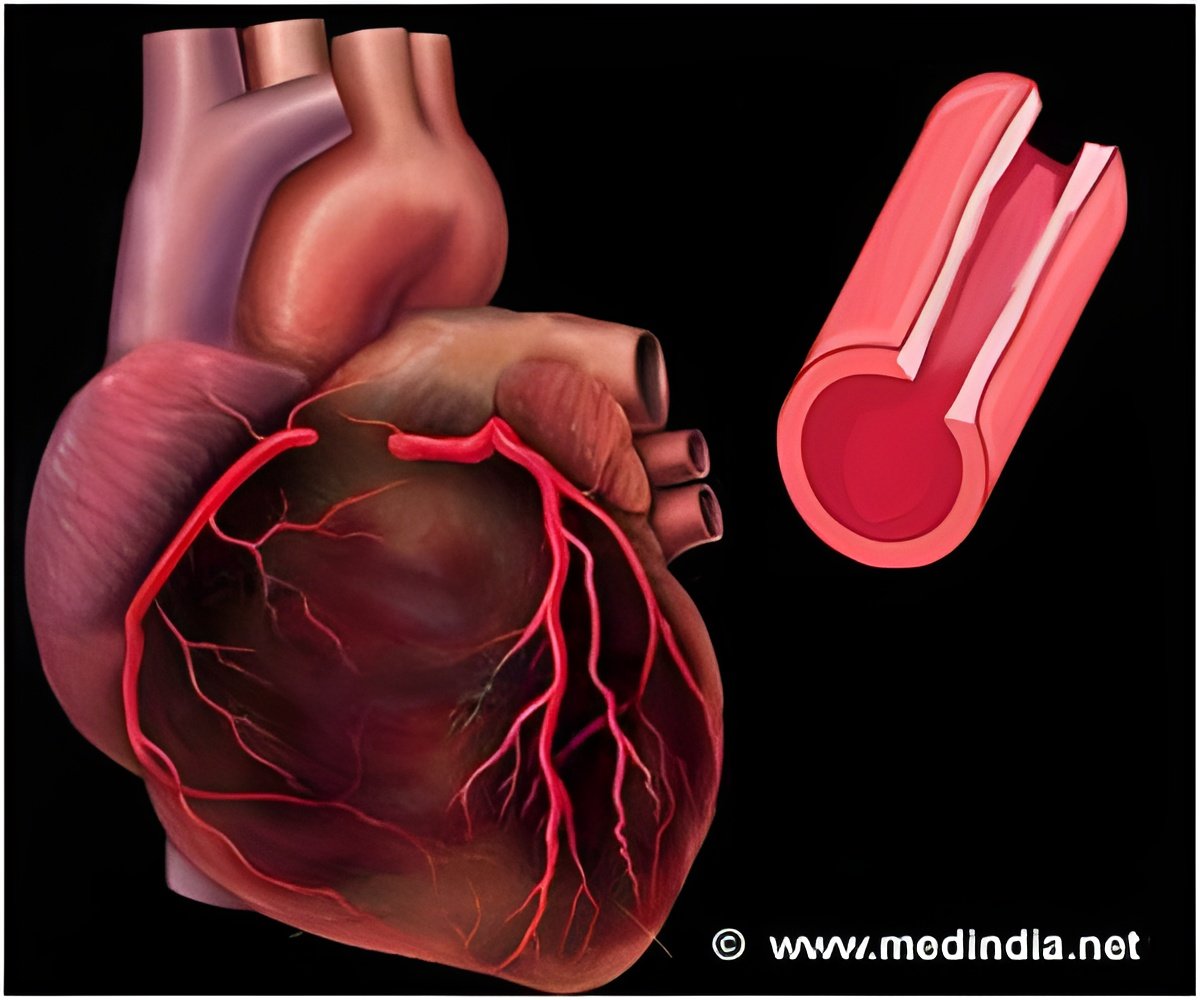Two new drugs used for preventing blood clot formation could result in improved outcomes in the treatment for heart diseases.

The results of the HEAT-PPCI trial suggest that systematic use of heparin rather than bivalirudin after primary percutaneous coronary intervention (PPCI) - the most commonly used treatment for heart attack, which unblocks the arteries carrying blood to the heart - could save health services substantial sums of money, at the same time as potentially improving patient outcomes.
The results show that overall rates of major adverse cardiac events were significantly lower in the group who received heparin, although the rates of adverse events were low, as expected, in both groups. Within 28 days after surgery, 46 patients in the bivalirudin group died, compared to 39 of patients in the heparin group; 24 patients in the bivalirudin group had another heart attack in the same period, compared to 7 patients in the heparin group. Although bleeding complications are an acknowledged risk of antithrombotic drugs, there was no significant difference between the groups in the rate of complications.
Dr Rod Stables, lead author said that their study is one of the first trials to recruit 100 percent of eligible patients presenting with the medical condition being examined, which means that it more closely resembles real life practice than many previous trials and added that his finding might provide an opportunity, rare in modern health care, to provide improved outcomes at much reduced cost.
The study was published in The Lancet.
Source-ANI
 MEDINDIA
MEDINDIA




 Email
Email










